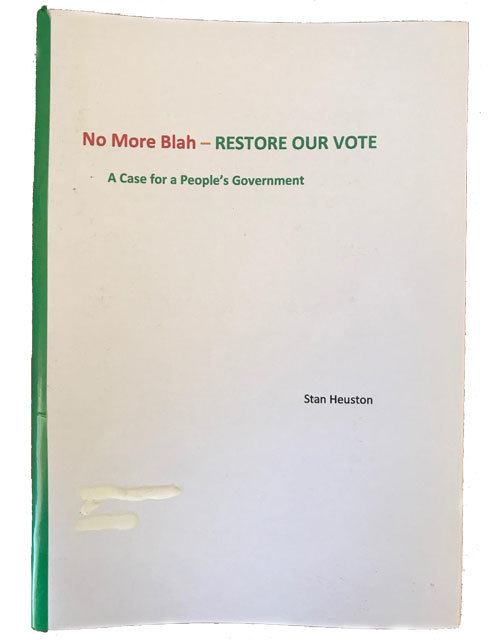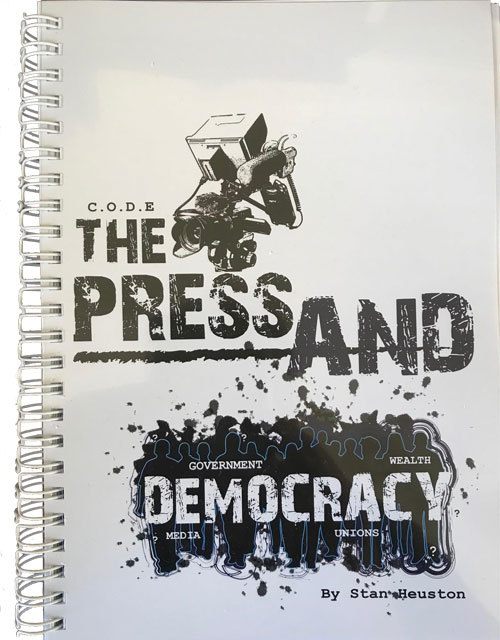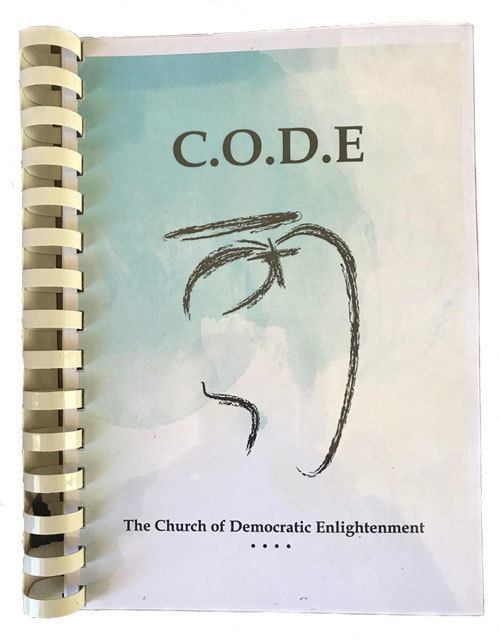The Press and Democracy (2017)
The Press and Democracy (2017)
$25.00
Description
I hope my recollection that I finished The Press and Democracy before Church of Democratic Enlightenment, even though I started the latter first, is right, because there’s a good reason for it. This whole project is about society, human, Earthly, despite the overtones of “Church” which make some folks nervous. Society was the nut I had to crack for CODE, and a consideration of what religion involves, albeit in the title volume, was a narrower, but necessary extension of that. I know I felt it impossible to write about democracy without resolving the media’s role – the press’ – in it.
So the book is about all of society, as far as realistic, the democratic character, and the press. This is why I regard the book as the cornerstone of CODE. That analytic scope is why I hope I can say it’s the best book on the subject.
I’ve said describing No More Blah that a non-conspiratorial view of the media has persisted in CODE thinking. Since I wrote this book the US mass media has destroyed the credibility of media in a way no western mass media can escape. Faced with the charge of bias and fake news by the President, Trump, they have chosen to contest power with unrelenting bias against the unorthodox leader the people elected, proving him right. Here, I can claim that The Press and Democracy is prophetic. It didn’t explicitly predict the fourth Prime Ministerial sacking, Mr Turnbull’s, but it did document the fully developed process in The Australian newspaper of which the sacking was a natural result.
For all the evident abuse of media power I still stick to one non-conspiratorial explanation. Burke told the House of Commons in 1787 that the press gallery was far more important than any of the traditional three estates. Burke was right, and modern democracy was effectively doomed, as the political animal it became, before the French Revolution. There’s no other inference from the press being the most important estate in parliament. Power corrupts.
Specifics of theory about democracy and the press have progressed since this book. Far from admitting that as a weakness, I suggest it’s a fair basis of judgement of the book to ask what it led to. That, to me, is the criterion of quality. What’s in the book has been improved on because it led to improvement, by being correct.



